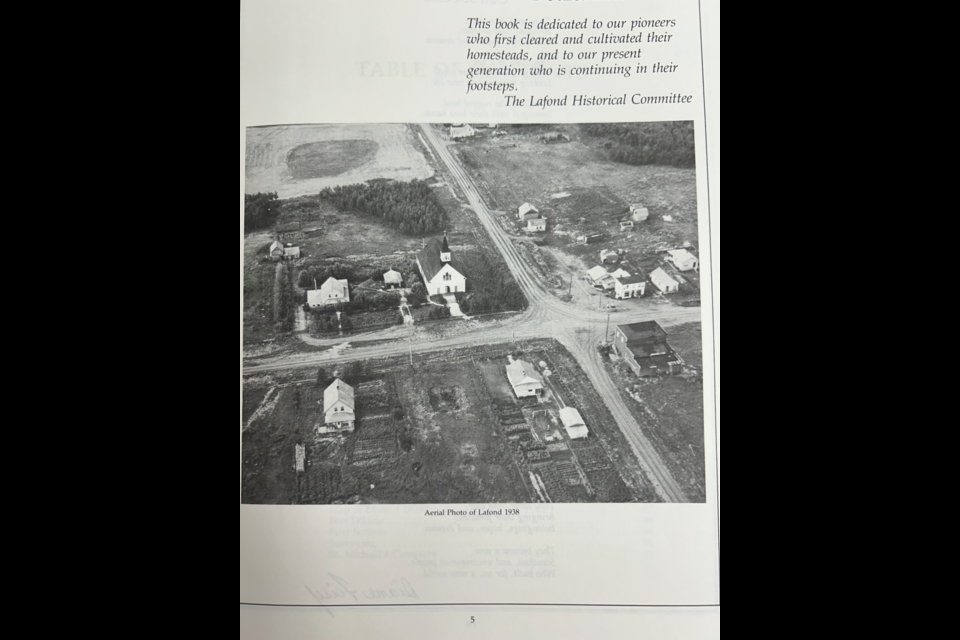ST. PAUL – The Musée Historique de St. Paul Historical Museum, in conjunction with ACFA Régionale de Saint-Paul is holding a bilingual tour of the Lafond area on July 28.
The tour is part of the museum’s five-year program of showcasing, documenting, and exploring the history of several communities in the St. Paul region, according to the Musée Historique de St. Paul’s president Lise Belliveau.
The tour will also feature how life was back when the area was being settled.
The project began in 2022 with a tour of St. Edouard, east of St. Paul. Last year, a tour of the St. Vincent area took place, north of St. Paul.
This year, the tour will focus on Lafond, which is located southwest of St. Paul. Next year, organizers plan to hold a tour of the Brosseau area, and then the Mallaig-St. Lina area in 2026.
Showcasing, but also documenting the histories of these communities is important, says Belliveau, “Because as people age, we are losing a lot of that knowledge.”
These communities have a rich and strong history, adds Belliveau, including the history of families in these communities who immigrated from elsewhere, like the United States, or other parts of Canada, like Quebec.
While there are still some people who can remember these histories, some communities have only a few homesteads left that can speak to these knowledges of the past.
“There are some homesteads that are like 110 years old,” she says, and the tour will include visiting those homesteads.
The tour will also include visits to old school sites.
Musée Historique de St. Paul Historical Museum also documents the knowledges it gathers, which will be compiled into a booklet.
Ultimately, “the purpose of this [program] is to reconnect with our past,” and record history for the future, says Belliveau.
To those interested in taking part in the tour, they can reach Belliveau at 780-645-0172.
As of July 18, there are 14 tickets left for the tour.
Belliveau also encourages people from either of the five communities to share some anecdotes or knowledge that they may have regarding the areas.
They may be of the milkman, the mailman, the doctor, or perhaps their ancestors.
“Any memories... anecdotes... stories that you’ve heard,” Belliveau invites people to reach out and share their tales.
They can also choose to write down the knowledge and stories and drop them off at the ACFA office or at the St. Paul Museum.



